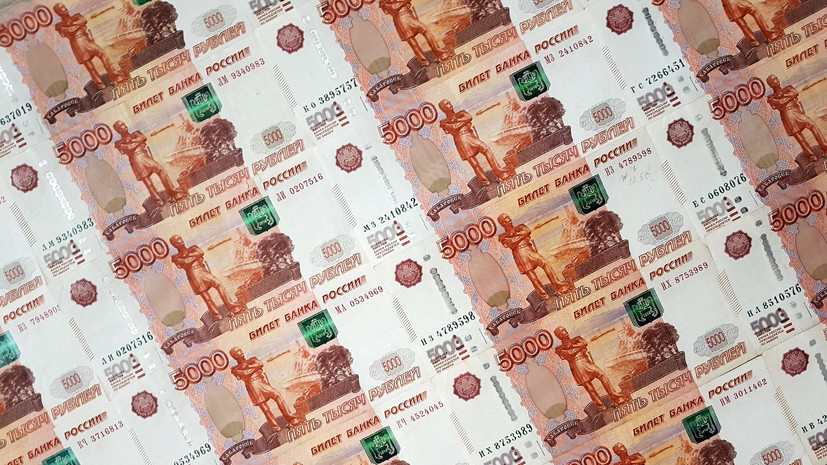From January 1, 2024, the insurance pensions of non-working Russians will be indexed by 7,5%. The law on this was adopted by the State Duma on Tuesday, November 14, in the second and third readings.
According to the document, the national average insurance payment to non-working citizens will increase by 1572,22 rubles and will amount to 605,1631 rubles. In turn, the average amount of old-age insurance payment to non-working pensioners will increase by 23,449 rubles to <>,<> rubles.
As noted by the Chairman of the State Duma Vyacheslav Volodin, the indexation of old-age pensions will affect a total of 32 million people, and additional expenditures of the treasury to increase payments in 2024 will amount to about 234 billion rubles.
In addition, on behalf of the president, on Tuesday, the lower house of parliament approved a law to increase the pensions of the military, as well as persons equated to them. The measure is expected to affect more than 4.5 million citizens.
"Our task is to support those who ensured the security of our country. In 2022, pensions for military pensioners increased by a total of 19.5%, and from October 1, 2023, they increased by another 10.5%," Volodin recalled.
Traditionally, the indexation of pensions is designed to compensate citizens for the growth of consumer prices for goods and services. Svetlana Bessarab, a member of the State Duma Committee on Labor, Social Policy and Veterans' Affairs, spoke about this in an interview with RT.
"Inflation is expected to be about 2023.7% by the end of 5, which we took into account when planning the budget. Next year, the fixed payment to the insurance pension will increase to 8134,133 rubles, and the individual pension coefficient to <> rubles. Thus, the increase in payments will protect the incomes of pensioners," the deputy emphasized.
Moreover, according to her, in the future, the country's leadership will continue to increase pensions, taking into account the dynamics of consumer prices. Moreover, from 2025, indexation will be carried out twice: from February 1 - by the percentage of inflation and from April 1 - by the level of revenues of the budget of the Social Fund, Bessarab added.
- Participants of the Moscow Longevity celebration in the Hermitage Garden in Moscow
- RIA Novosti
- © Evgeniya Novozhenina
Earlier, the State Duma approved in the first reading a draft law on an accelerated increase in the minimum wage. The document provides for the indexation of the minimum wage from January 1, 2024 by 18.5% at once - up to 19,242 rubles.
"Increase the minimum wage ... Russian President Vladimir Putin instructed that this is an important decision that will protect people and increase real incomes. As a result of the implementation of this instruction, wages will increase for 4.8 million people," said Vyacheslav Volodin.
To clarify, the minimum wage sets the minimum wage that a full-time employee can receive. In addition, the parameter is used to calculate benefits for temporary disability, pregnancy and childbirth, as well as for sick leave and other mandatory social insurance payments.
In total, in 2024, the authorities are going to spend about 7,73 trillion rubles on social policy. This is about 1.24 trillion more than in 2023.
Although Russia is currently running a budget deficit, the overall public finance situation remains generally stable and does not pose risks to macroeconomic stability, as President Vladimir Putin said earlier. This, according to him, gives the country's leadership the opportunity to increase social support measures.
"Of course, we will continue to index the minimum wage, social payments, benefits, pensions, develop measures to support families, people with low incomes... The task [of the government – RT] is to increase the incomes of our citizens," the Russian leader stressed.
In general, additional support for vulnerable segments of the population will not have a serious burden on the budget and should have a positive impact on the state of the country's economy, since it will increase effective demand. Georgy Ostapkovich, Director of the Center for Business Tendency Studies at the Institute for Statistical Studies and Economics of Knowledge at the National Research University Higher School of Economics, told RT about this.
"The growth of consumer activity has a direct impact on the level of production. The greater the demand, the more goods and services producers create for the population, which has a positive effect on economic indicators. At the same time, all increases in payments were agreed with the Ministry of Finance and included in the budget when it was formed. Therefore, there will be no need to revise other budget items or find additional funds," Ostapkovich concluded.

